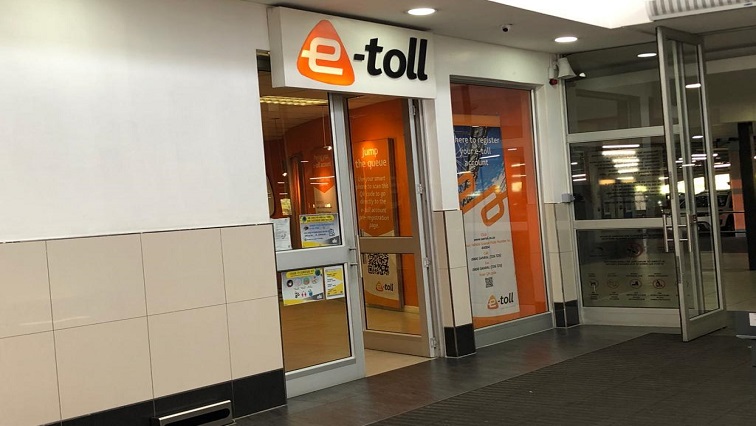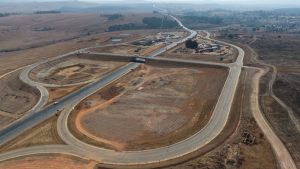Gauteng MEC for Finance Jacob Mamabolo reaffirmed the province’s commitment to pay its share of the e-toll debt amounting to R12.9 billion.
Delivering his Mid-Term Budget Statement for the most populous province, Mamabolo assured the citizens that the cost of funding the e-tolls will not burden them.
He says the e-toll model of using gantries will not form part of revenue sources as they will be switched off soon.
Mamabolo says the e-toll model that has been widely rejected by the people of Gauteng is now officially a closed chapter.
This despite the huge amount that the province must pay creditors who helped fund the e-toll roads. Mamabolo says the province along with National Treasury and Sanral have now agreed on a way forward to resolve the debt issue.
The deal includes a hybrid model with multiple funding sources from both Gauteng and national government.
National Treasury has also agreed to assist the province with an initial allocation of R23.7 billion from the national fiscus.
In exchange, the province will now take over the maintenance of the roads. According to Mamabolo, an agreement will be reached soon on the period for the payment of the 30 percent contribution by Gauteng.
“With respect to the introduction of the hybrid funding model that excludes e-tolls, let me emphasise that this will be underpinned by wider consultations with the people of Gauteng. It is in this context that we would like to assure residents of Gauteng that we will not compromise our priorities in social services such as health and education. I am also pleased to announce that in the current financial year there will be no specific allocation that is required for the repayment of e-tolls.”
Budget for Gauteng
Mamabolo tabled a R155 billion budget to the provincial legislature.
The MEC has raised concerns about underspending on infrastructure. The province has set aside R1.5 billion towards infrastructure investment for 2022/23.
Mamabolo has warned departments that projects that are not ready, their budgets will not be presented in the house.
The MEC presented new measures to unblock the provinces infrastructure spending.
“To address these challenges and ensure that projects are delivered within budget and on time, including in the Special Economic Zones (SEZs), Gauteng Provincial Treasury will subject every project contained in the Estimates of Capital Expenditure (ECE) to the project readiness matrix or project readiness lab. Honourable members, infrastructure remains a key policy priority and modernizing the infrastructure project readiness matrix is more than necessary and will address, amongst other things, the following: a rigorous process to assess infrastructure plans and project list to be submitted to Treasury timely. This will allow adequate time for credible planning. Unrealistic timeframes, land issues (Ownership, Appropriateness, Zoning, Services) must be resolved before proceeding with projects.”
Mamabolo says townships are the new economic investment for the province.
He says the Gauteng government wants to create a provincial government-owned bank and pharmaceutical company that will look at uplifting the township economy.
“As part of the roadmap, we have tasked a team of Gauteng Provincial Treasury and Gauteng Infrastructure Financing Agency officials to develop sound business cases for these projects. We have also put together a legal team led by senior counsel to provide us with sound legal framework related to this work and will soon announce the appointment of advisory panels to support the work of establishing these entities.”
As the country’s economic powerhouse, Gauteng plans to collect R7.2 billion form existing revenue sources.
The province aims to explore new sources of income from a slew of new casinos, vehicle licenses and leasing of vacant land.






